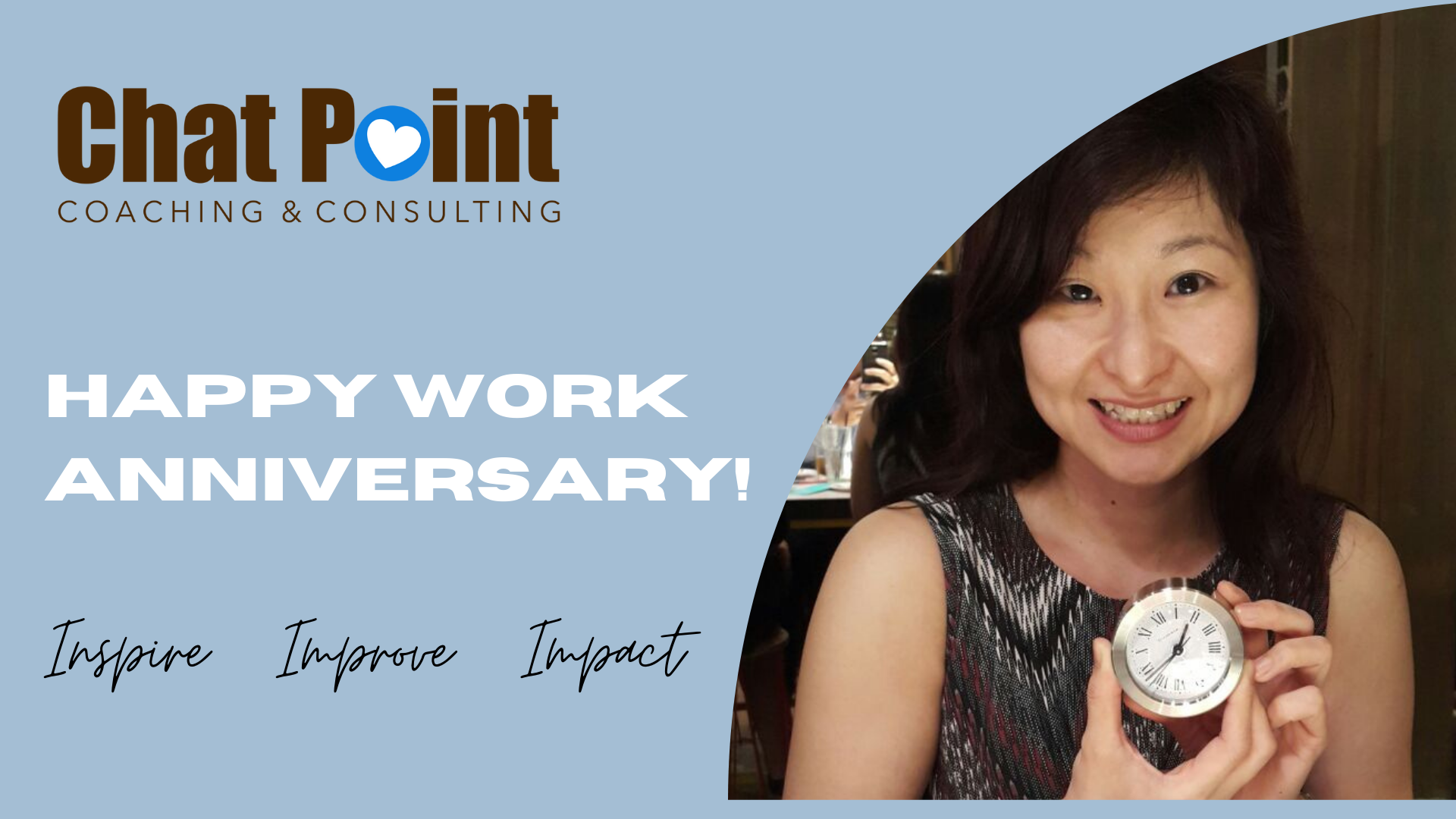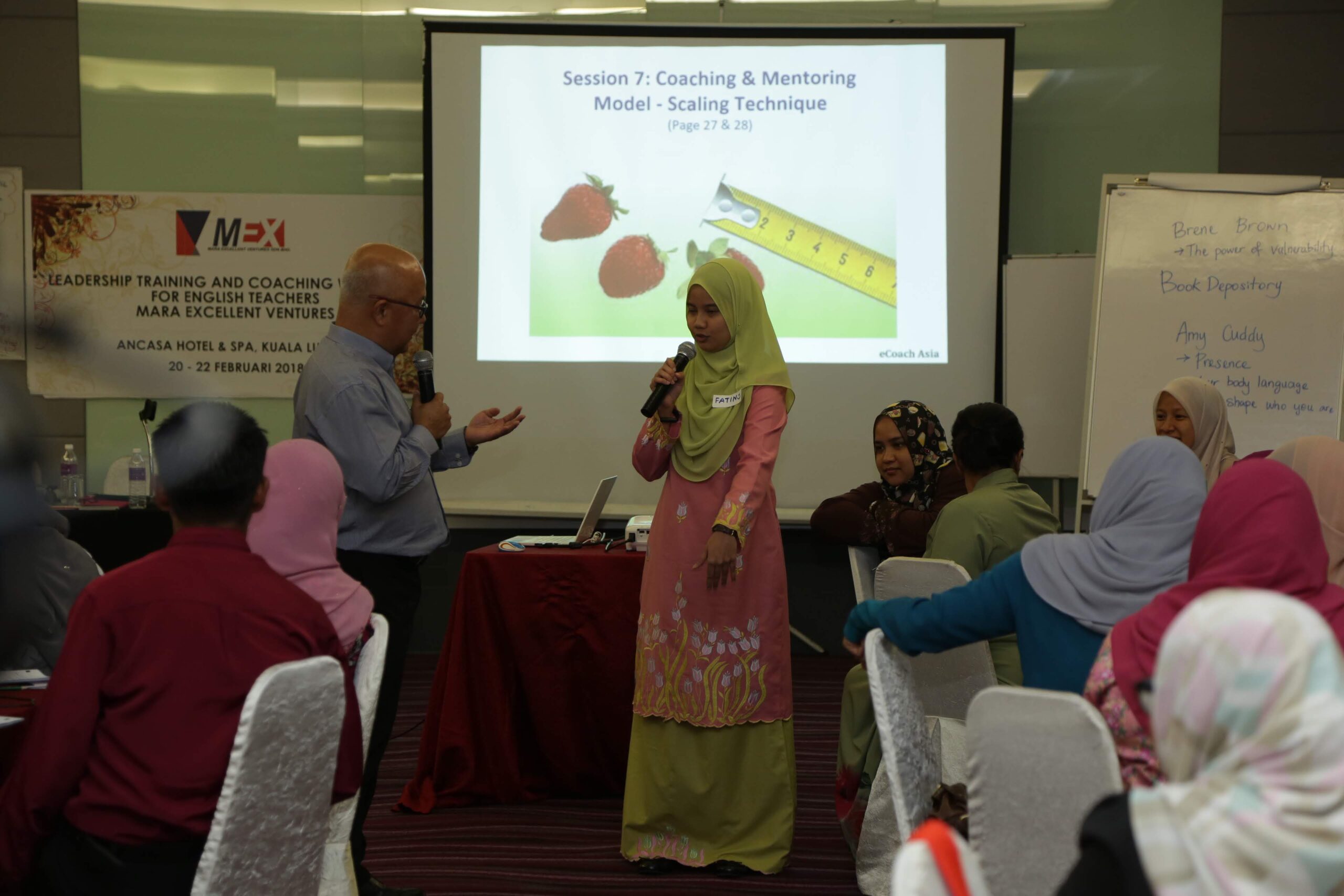What Coaches Need To Know About Couple’s Retirement Coaching
14 February 2022
#1 It’s not easy
Retirement creates various layers of complexities for an individual. So much more for a couple trying to figure retirement out together.
Here, retirement coaches have a profound opportunity to anchor constructive conversations for clients, reveal the differences they are facing, help them reach some common ground, and ultimately grow closer in this next phase of life together.
#2 Coaches need a framework for working with couples
It’s fair to say each spouse will have preconceived notions, differing attitudes, and priorities about life in retirement.
The couple’s coaching process entails each spouse developing an ‘individual retirement vision’.
Next each spouse takes turns exchanging visions, and exploring where they align and where they diverge, particularly around new experiences and interests they’d like to pursue, and how much time each spouse wants to spend alone, together, and/or with others.
Invariably, spouses can be surprised as they could be hearing certain preferences for the first time, and while these discoveries can yield unexpected insights, the goal is to create a ‘shared retirement vision’ that is flexible since life situations can suddenly change.
#3 Questions to get couples talking more about their Individual and Combined Retirement Visions
- What new things do you want to learn?
- What do you most want to see and/or experience?
- What have you always wanted to do, but haven’t done yet?
- What are your biggest dreams, goals, and aspirations?
- If you had unlimited money, time, and resources, what would you want to do – alone, together, and/or with others?
- How can you live your life with a greater sense of meaning and purpose?
- What relationships, if any, do you want to strengthen (or dissolve)?
- Where do you want to live?
- What do you perceive you will gain (or lose) if you tried what your spouse is suggesting?
- What other ways have you had to make trade-offs throughout your relationship?
- What is one step you can take to move towards a win-win solution with your spouse?
- What would be the impact of the timing of your retirement – if you retired together, and at different times?
#4 How to handle emotionally charged conversations
In my experience, couples in session can start arguing when struggling to communicate.
The key here is for the coach to remain neutral and to make room for each spouse to safely express his/her feelings and viewpoint.
In the heat of the moment, you may want to interject and say, ‘I hear loud and clear that you’re both angry because you are not feeling heard and appreciated’.
It’s helpful to normalize these challenges and affirm that many couples face similar issues. In fact, the Holmes-Rahe stress scale ranks retirement from work as the 10th most stressful life event. Paired with other impending changes in living conditions, it’s not surprising to encounter a momentary breakdown in communication.
When the couple sees you are not afraid of their strong emotions and are able to guide them to process what’s going on between them, it helps build trust and confidence.
#5 Strategies for bringing each (position) a little closer to the other
- If the wishes of one spouse seem to be dominating the other’s, it’s helpful to suggest reaching a compromise where ‘Sometimes it’s your way and sometimes it’s my way’. For example, the ‘homebody’ sometimes goes out for an evening with friends (cheerfully) and the ‘social butterfly’ sometimes stays in for movie night (cheerfully).
- To foster problem-solving, it may benefit couples to set ‘communication ground rules’ such as avoiding the use of words ‘always’ and ‘never’, as these words project past actions into the future.
- To avoid projecting blame, it’s useful to encourage the use of ‘I’ statements because saying ‘I feel __ when that happens’ or ‘I feel __ when I’m not able to express what’s important to me’ is a more effective way of owning their feelings.
- For couples who aren’t used to discussing difficult topics, they may find it productive to set a ‘conversation time limit’, of 5 to 10 minutes. Then taking time out to reflect on the issue. And coming back when they are ready for the next 5 to 10 minutes discussion.
- For couples who have been together a long time, it’s important to check-in with the speaker to determine if the other spouse has heard the message as it was intended, and not to make any assumptions or rely on his/her own interpretation.
#6 What to do if the couple remains stuck?
The couple’s retirement coach can emphasize that there are certain topics which require ongoing discussion to work through and can also re-focus conversations on areas where there is more positive energy to be grateful and appreciative.
However, the coach must bear in mind there may be long-standing issues between the couple and may suggest they seek couples therapy first to resolve these issues, before returning for retirement coaching.






